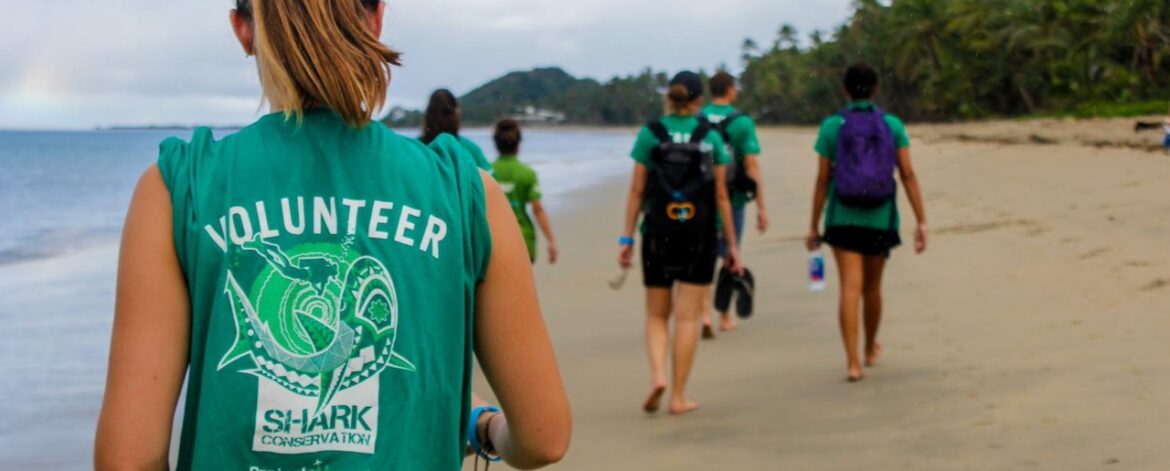There’s being a traveller and there’s being a responsible traveller. And there’s a significant difference between the two. From the way you interact with local people, to the way you behave and where you spend your money – there’s a lot to consider. Of course, choosing a responsible travel company (ahem – like us!) will mean most of the hard work is covered, but there’s always more to be done.
And it’s not hard. Most of it comes down to common sense, respecting different cultures and travelling equipped with a head full of responsible tourism street-smarts. In order to preserve the stunning landscapes, fascinating cultures and far-flung treasures across the world, responsible travel needs to be a buzzword for anyone planning an overseas adventure.
Here are nine basic rules pulled straight from the RT manifesto (that we wrote).
1. R.E.S.P.E.C.T the people
Meeting and interacting meaningfully with the local people and experiencing foreign cultures are often the most memorable highlights of any trip. Inevitably, your trip will provide opportunities for you to mingle with the locals, and just as at home, respect, consideration and an open mind are needed for interactions to be mutually enjoyable.
As curious as you may find the locals, they’re like equally as intrigued by you. Follow the local customs, dress appropriately, don’t stereotype a culture from one bad experience, keep an open mind and you’ll be having an awesome time in no time.
Are you keen to work with people are around the world? Check out these pages:
2. Travel local
Opt to take public transport wherever possible. You’ll be putting more money into the little guys and looking after the environment in one fell swoop. You’ll also get the chance to meet heaps of awesome locals, which is always a good thing. Strike up a conversation and you might make friends for life.
3. Keep calm and tread lightly
Travelling off the beaten track is one thing to say, but quite another to do. When following trails it’s important to do so as closely as you can. Wandering off the designated path leads to more erosion and quite literally leaves a bigger footprint on a country.
If you’re walking where there are no tracks, be sure to spread out so the impact of your group is averaged over the area. Tread lightly and watch your step – some flora takes years to grow back from a misplaced hiking boot. And obviously, don’t drop litter anywhere. We (probably) won’t go all Heisenberg on you if you don’t listen to this advice, but it’s serious business nonetheless.
4. Shop local
Because shopping local feels good…
By choosing to invest your money in local services – be it a restaurant, café, bar, laundromat – you are putting money directly into the local economy. If you eat at Maccas every day, the locally run businesses suffer whilst Ronald McDonald gets richer. Its smart-shopping 101: by buying local, you’re directly supporting the country you’re visiting. It’s that simple.
5. Respect animals (unless you are also an animal)
Broadly speaking, if you see someone offering an experience to see an animal doing something it wouldn’t typically do in the wild, the animal’s being exploited in some way.
A bit of common sense is needed in these situations – camel and horse riding carry far less implications for the animals than elephant rides and seeing monkeys on leashes, for example.
It’s best not to put your money into or encourage any practices or situations that seem out of the ordinary for an animal to be partaking in. Lots of tour companies have now made the decision to stop elephant rides and other elephant-related activities on trips (in case you fancy some more information on the subject).
Browse amazing animal volunteering projects abroad.
6. Think before you shoot (no matter the subject)
Whether you’re packing a smartphone or a digital SLR, you can’t just go around snapping whomever and whatever you like. You should ask before taking someone’s photo – often just raising your camera with a thumbs-up and a question look will suffice. You should also refrain from giving locals money for their photograph where possible, as it can encourage another form of begging.
Again, talking to them and learning about their life can result in a much better experience, as well as a much better photograph. If travelling as part of a group tour, perhaps promise to send them a copy of the photo – as long as you follow through. Your tour leader may be able to assist with this by dropping off the photo next time they pass through.
7. Resist the beggars
This one’s a bit of a harsh truth. Seeing people fighting poverty in any country, whether first of third world, is tough going. Travellers can often feel overwhelmed by the conditions some people – especially children – live in, and feel a sense of guilt about their relative comfort. It’s important to remember that in some cases, persons (particularly children) can be exploited by overseers (often parents) – who end up taking the biggest cut (or all) of the money – to beg in the streets.
So we encourage those who are tempted to donate cash to beggars to lend their support to local organisations that are committed long term to tackling the issues at hand. An alternative is to give your ‘self’, rather than your ‘wealth’ – share a drink or a meal or try and have a conversation with them. Look up charities and causes in the region when you get home and do your research to make sure your money’s going as far as it can.
8. Take out the trash
Plastics and other products that aren’t biodegradable have only been introduced to some developed countries in the last few decades. Up until then, almost all waste was recyclable. Because of this fast shift – which tourism helped consolidate – unfettered littering can still be an issue in some areas.
As well as ensuring you dispose of your litter responsibly, countries would benefit greatly from you doing all you can to take your non-biodegradables home. On top of this, you should endeavour to collect any rubbish left by others – taking extra steps such as this are at the crux of responsible tourism.
9. Give back
Instead of just sightseeing, help good causes along the way. Browse volunteering abroad programs and make a difference around the world.
10. And of course, spread the good word of responsible travel with anybody who’ll listen
The world will thank you for it.
Are you all fired up to get radically responsible? Then throw a few coins towards a charity – there are so many great ones to choose between.

